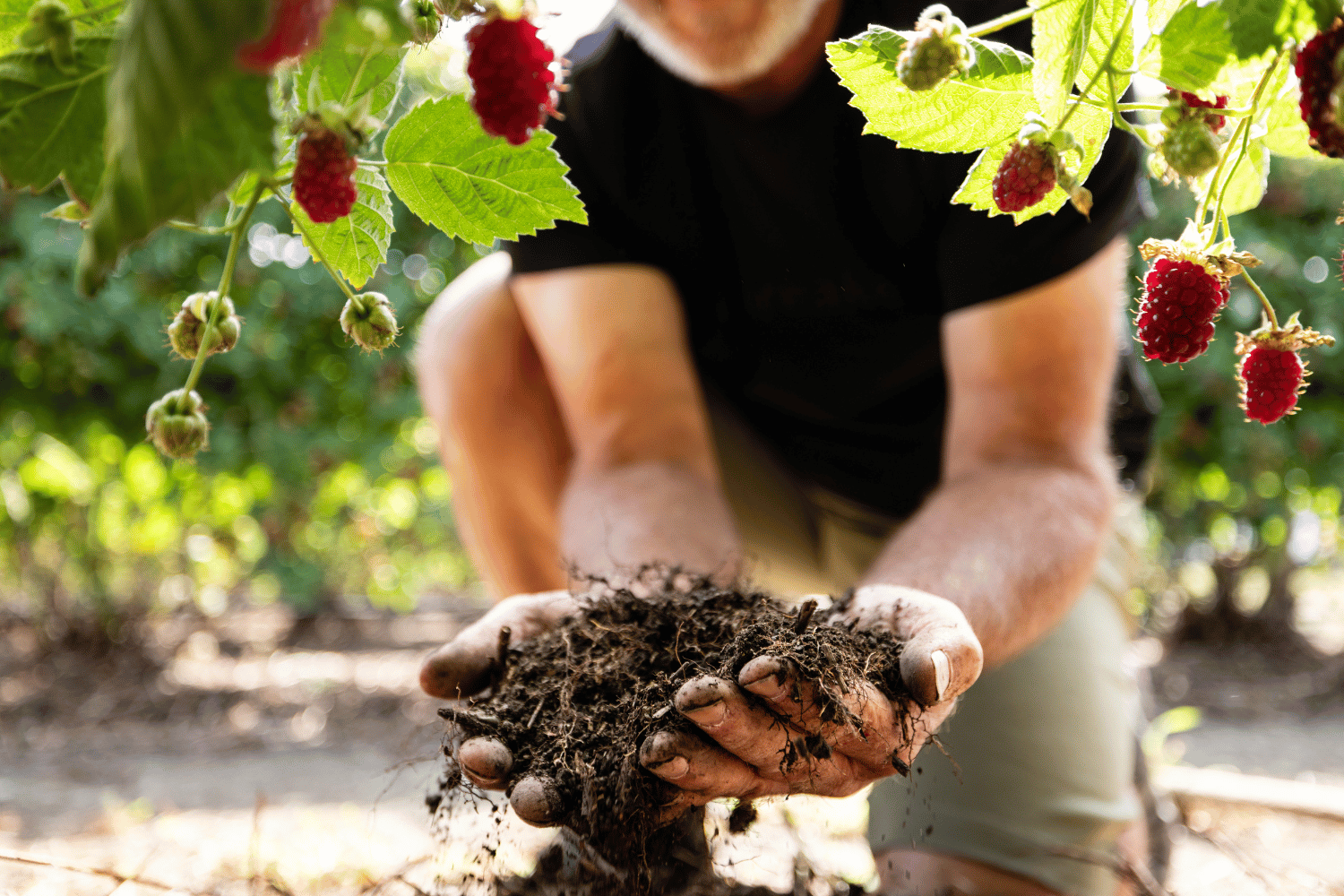Over time, it’s become crystal clear that the gut underpins great overall health. If your body is your home, think of your gut like the solid foundation your daily life is built upon.
Like every structural masterpiece, your gut microbiome needs to be well taken care of. It contains trillions of organisms, including both good bacteria (friend) and bad bacteria (foe). Keeping this balance in check is essential if you want to keep your body and mind in good nick. Here’s how to make simple moves towards a healthier you:
Why is a healthy gut important?
Your gut puts in a lot of effort to keep you healthy. It does this in ways you’d expect, like digesting and absorbing much-needed nutrients from food. It also plays its role in quieter ways, like helping to support the normal functioning of your immune system.
You’ll see the effects of good gut health inside and outside your body. Have you heard the saying “the gut is the second brain”? That’s because your mind and gut work in tandem, and keeping them in good working order can help you sleep, eat and think better. It’s more than just bloating and brain fog; your gut is even responsible for 95% of serotonin production. This happy chemical is responsible for all of your ‘big wins’ in life and is one you want to keep topped up!
It’s also in charge of how much goodness enters your body. Good gut health can help to improve your overall health, quickly ousting metabolic waste and toxins. If you’ve not fueled it to do so, you may start to see inflammation and fatigue rear their ugly heads.
What negatively affects the health of your gut?
Sometimes, a bad gut is just genetics. Before blaming your lineage, make sure you’ve looked a little closer at your lifestyle. Other factors include:
● Poor nutrition
● Stress
● Excessive use of antibiotics
● Excessive alcohol
● Lack of regular exercise
● Smoking and vaping
● Lack of sleep
What are the signs of an unhealthy gut?
There’s no one-size-fits-all when it comes to symptoms. Depending on where you’re at in your health journey, you may see obvious signs such as bloating, gas and constipation. However, some of us may see the extent of this dig a little deeper. Your mid-afternoon brain fog, intense cravings and fatigue could well be chalked up to your lack of gut care.
How to improve your gut
Bad news: Your gut microbiome is complex. Good news: Pulling it back into balance is easier than you think! Improving your gut takes patience, consistency, and a few small lifestyle tweaks.
Improve your diet
Your easiest gut health win is improving your daily eating habits. Variety is the spice of life, and that’s all too important for your gut microbiome. The more healthy choices you give it, the more diverse your gut flora!
Changes can happen in days, so make sure your shopping list is built of a range of fruits and vegetables to maximise your vitamin and mineral intake. Your gut loves plant-based whole foods, so amp up your daily intake of seeds, legumes, and whole grains.
Some foods are more gut-friendly than others. Foods rich in polyphenols have shown to be superstars when it comes to gut health. Switch up your night routine to include green tea and dark chocolate, and minimise foods that are less kind to your delicate gut, like refined sugar and processed foods. A happy, healthy life is all about balance.
Take prebiotics and probiotics
Have you ever stood in the supermarket, questioning whether to get the prebiotic or the probiotic supplement? Here’s a quick cheat sheet to know the difference:
Prebiotics are typically high-fibre foods that you eat. While they’re feeding you, they’re also feeding the population of good bacteria in our gut. Wander to the fruit and vegetables aisle to grab prebiotic-rich foods or seek out legumes and whole grains.
Probiotics are foods or supplements containing live bacteria. If ‘live’ sends a shiver down your spine, don’t panic! They simply help your gut build an army of good bacteria. Hunt for fermented food, such as kombucha and sourdough bread, or look for natural over-the-counter supplements.
Prebiotics and probiotics go hand-in-hand when repopulating and feeding the good bacteria in your gut.
Stay moving and mindful
When we’re stressed, our body pumps out a hormone called cortisol. This acts as a red flag for your immune and digestive systems that something is not quite right. Suddenly, your body and mind think they’re under attack. Almost every bodily function will get disrupted in order to defend you - including your gut.
Finding time to practice mindfulness, meditation, and movement is an important tool in keeping cortisol balanced. Find something you love, do it little, do it well, and do it often!
Get plenty of sleep
Our body needs a great night’s sleep to refuel for the day ahead. It keeps the ship sailing smoothly, so to speak, from your brain right down to your gut. If you want to support the normal functioning of your body, you need to intentionally set aside time to catch some Zzz’s.
Banking 7-9 hours of sleep should be your goal, and there are many solutions to setting up a great routine. Not only can rest help keep cortisol balanced, but you’ll likely find it easier to make great food choices. We’ve all been caught out by an exhausted takeaway, so help your gut flora bloom and hit the pillow!
Be mindful of antibiotic use
Antibiotics are incredible tool. They’ve given our immune systems the recipe to overcome harmful infections our ancestors weren’t as lucky to escape. But it’s important to know how they work so that you can make an informed decision.
In short, antibiotics kill off all bacteria in their path. The key word being all; both good and bad bacteria are subject to their wrath. This can leave our gut microbiome worse for wear, and it needs real help to repopulate with good bacteria. To combat this, limit your usage where you can and stock up on those all-important probiotics.
A happier and healthier life starts with great gut health. A total body and mind revamp may feel a wee way off, so start small by building gut-friendly habits. Look to make whole food-focused swaps to the foods you eat and create a stress-less lifestyle. It’s a long journey, but one you’ll thank yourself for starting.
To find out how to get started on the Shots, check out our Get Started page.
If you're a returning shotster, head over to the Online Store.
For more help refer to our FAQs or Contact Us.













